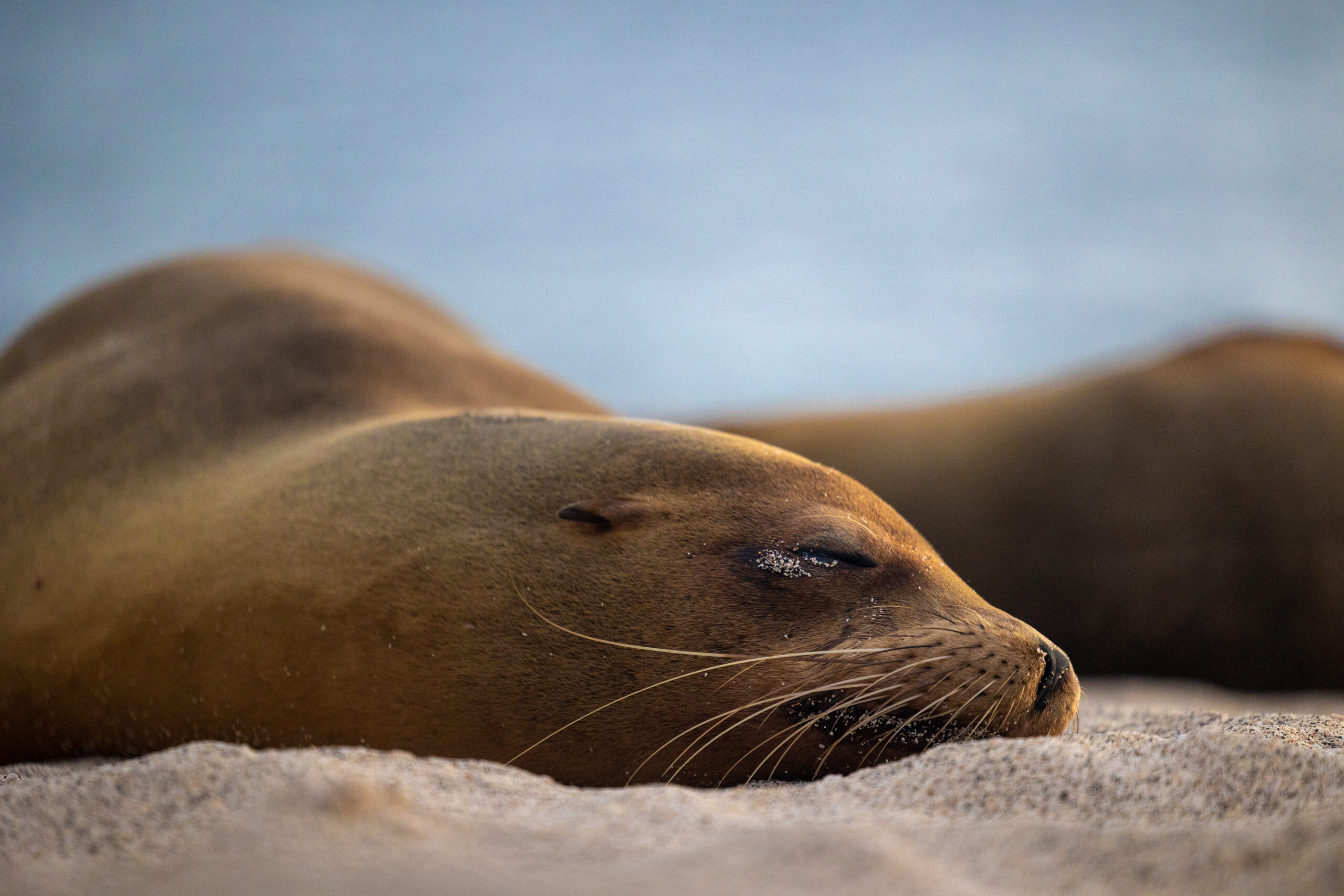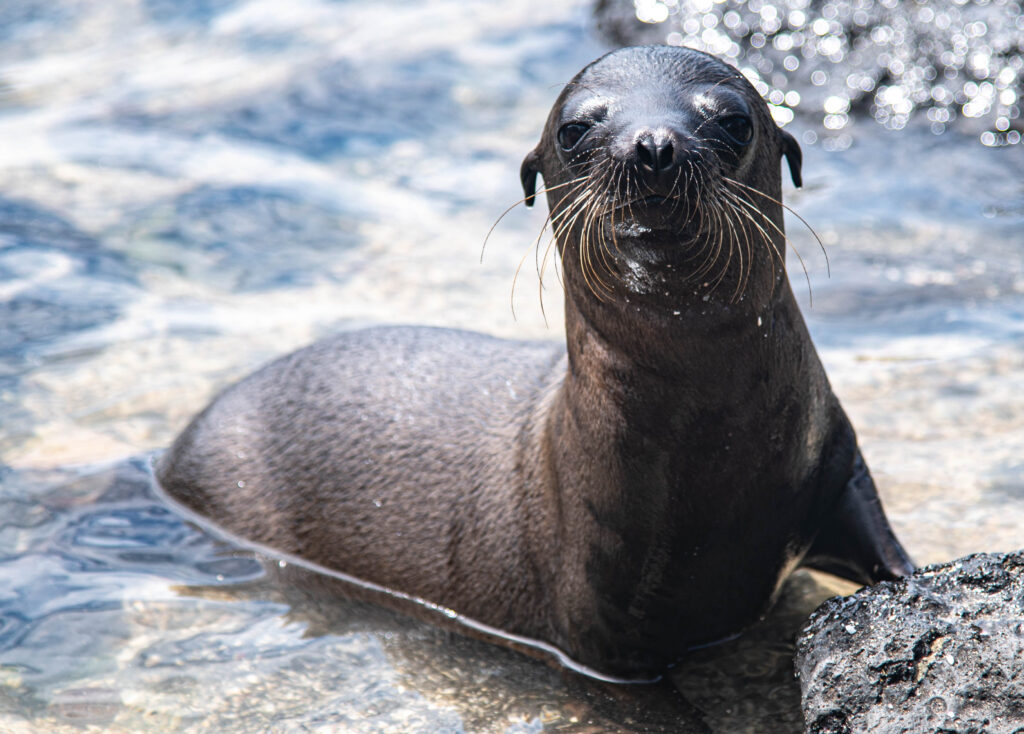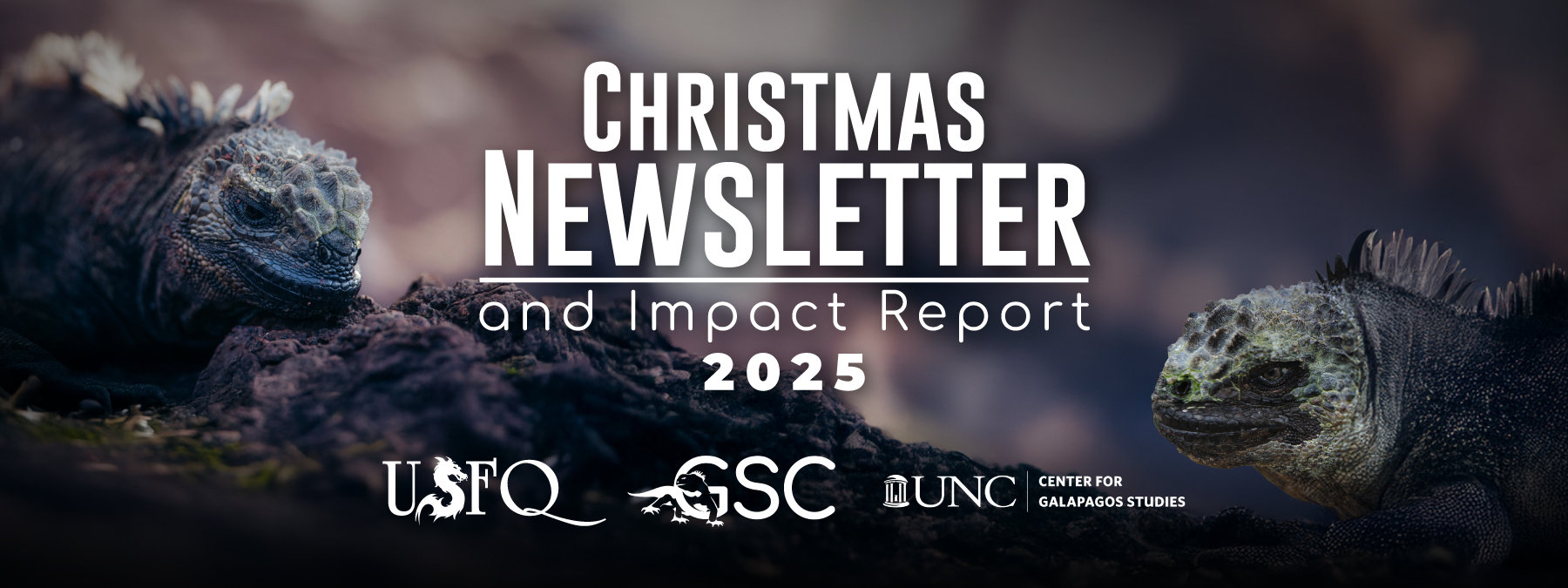In this study, the exposure to the parasite Toxoplasma gondii was evaluated for the first time in Galápagos sea lions (Zalophus wollebaeki), a vulnerable and endemic species. Through serological, molecular, and histopathological analyses of samples from both live animals and carcasses, a high seroprevalence was identified in juveniles (79%), along with the presence of parasitic DNA in lung tissues. These findings confirm the circulation of the parasite in the insular marine ecosystem and raise concerns about potential health risks to this population.

Toxoplasma gondii is a zoonotic protozoan that affects a wide range of animals, including marine mammals. Its presence in ocean ecosystems is associated with runoff of feline feces into the environment, representing an emerging threat in areas such as the Galápagos Archipelago.
The findings of this study suggest active circulation of T. gondii in the marine environment of Galápagos, likely linked to contamination by feline feces. The difference in seroprevalence between live animals and carcasses may be attributed to age-related factors and levels of exposure. The detection of DNA and parasitic structures further highlights the need to expand pathogen monitoring in endemic marine species.
Read the article here: https://doi.org/10.1051/parasite/2025028






